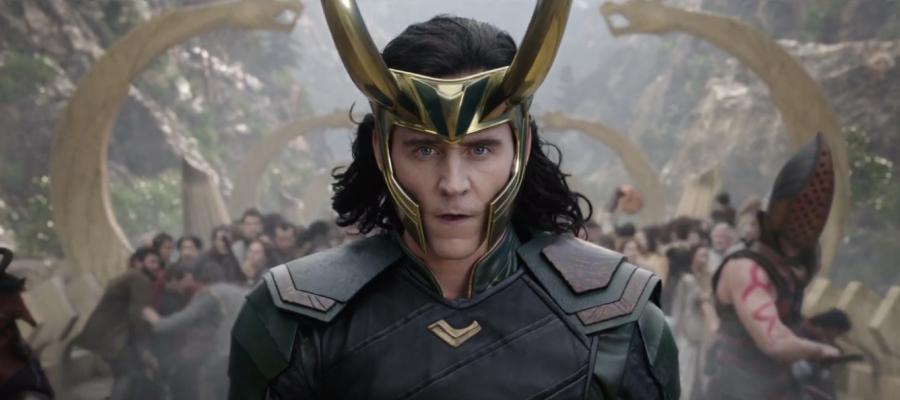Different Cultures, Different Selves
Feb 22, 2011Why do we do what we do? To please others? To live up to what culture expects? Or for our own reasons –- as "autonomous agents"?

Thor: Ragnarok is funny, exciting, and visually nifty. The third in a series (the first two were Thor in 2011 and Thor: the Dark World in 2013), it's a great two-plus hours of entertainment. But it's not just entertainment; there's more in Thor philosophically than you might think of when you are caught up in the action.
Some of what's philosophically interesting about Thor comes from Norse mythology. Ragnarok is the Doom of the Gods. It may be cyclical rather than apocalyptic. And it may be spiritual rather than physical. Norse mythology, at least on my (very basic) understanding of it, leaves these questions for human contemplation. Thor: Ragnarok makes some apparent choices about how to portray this greatest of battles. But beyond the special effects, avid watchers of Thor Ragnarok might want to read further in Norse mythology to get a sense of how neither power nor destruction are absolute or final and what this might mean.
Caught within these godly struggles are the people of Midgard, we humans. Spoiler alert: an explicit message of the movie is that territory isn't what ultimately matters to Midgardians, as long as they can resettle. This might be a message that is difficult for refugee populations to accept, especially those who remain in camps in hopes of returning home rather than because they have nowhere to go. Palestinean camps established after the Second World War have now existed for four generations, for example.
The irrelevance of territory is also a message that is problematic for what it assumes about identity. People may continue to live as individuals, but it doesn't follow that they will survive as a people or that their lives will continue to be meaningful in the ways it was before. Being a people is a group identity. This assertion doesn't require a separate metaphysical entity in the form of a group, although it is certainly understandable in such holistic terms.
It could also be understood in terms of the relationships people have to one another. These relationships might be primarily individual-to-individual relations: families, friendships, shared activities, and the like. Or, they might also include shared beliefs, cultural traditions, or religious practices. Some of these shared bonds may be enriched by, or inextricably linked with, the land. A people might have a common sacred site: the Dome of the Rock, Navajo Mountain, or Angkor Wat. A people might have activities linked to the land, such as agriculture, harvest festivals, or worship. Severing these links to the land might make it practically difficult or even conceptually impossible for the people to continue to function as the people they were.
Nor is there any guarantee that the people will find land where they can continue to exercise what bonds them together. At the end of Thor, the people of Midgard apparently are going to Earth—a pretty place that unsurprisingly looks rather like coastal Norway. Perhaps the land will be unoccupied, waiting for them in the style of Lockean unappropriated land to be turned into property. More likely, the travelers cut adrift from their homeland may find themselves in an unwelcoming new place, forced into a diaspora. In that regard, viewers of Thor might wish to consider the plight of Pacific Islanders on Kiribati whose lands have been submerged by the sea and who are planning to relocate to land they have purchased on Fiji.
Thor IV is clearly in the works. Perhaps we will see whether the people of Ragnarok remain a people without their lands or what they had built upon them. Or, in the meantime, particularly avid watchers of Thor movies just might want to apply for citizenship on Asgardia, the first spatial kingdom in the form of a recently-launched satellite orbiting the earth. After all, Asgardia claims to be free from the turbulence of contemporary politics or the constraints of law.
Comments (1)
TiffanyAyala
Friday, December 29, 2017 -- 8:16 AM
WowWow